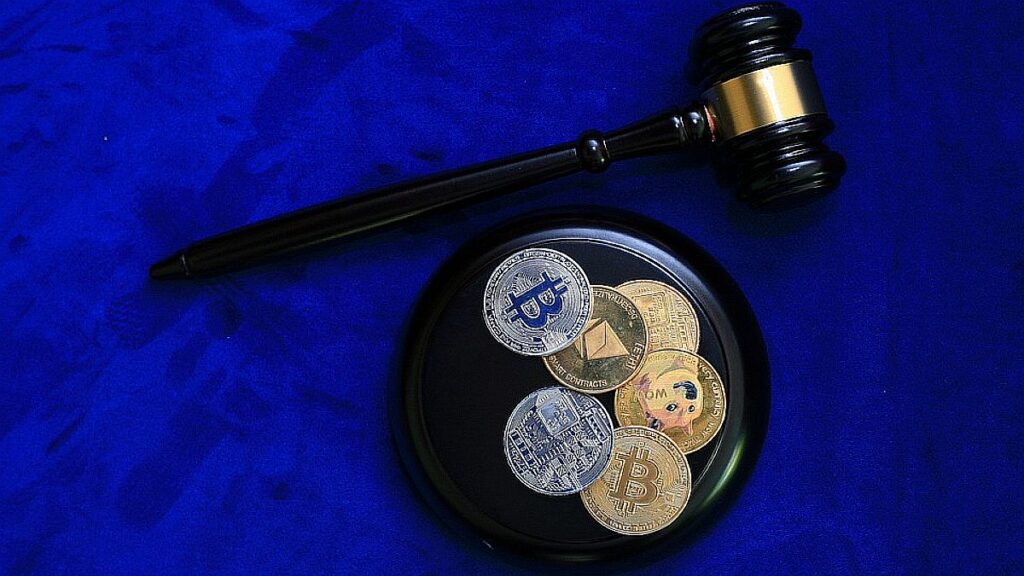BRICS Nations Ponder Digital Currency Payment Network to Reduce Dollar Dependency: Report

BRICS Nations Eye Blockchain Support for New Payment Network to Diversify from Dollar Dominance
BRICS nations are taking significant strides towards reducing their reliance on the US dollar, a move aimed at achieving greater financial autonomy. In a bid to actualize this objective, Brazil, Russia, India, China, and South Africa are now contemplating the establishment of a digital payment network, underpinned by digital currencies. As revealed in a recent report by Russian news agency TASS, this initiative reflects a collective effort by BRICS members to diversify their economic strategies and bolster financial sovereignty. The proposed payment network, envisioned as an independent and potentially decentralized system, is poised to leverage blockchain technology for its operational framework.
Yury Ushakov, an advisor to Russian President Vladimir Putin on foreign policy matters, emphasized the importance of ensuring the proposed payment network’s accessibility and efficiency. In a recent interview cited by the TASS report, Ushakov underscored the necessity of making the system user-friendly for governments, businesses, and individuals alike.
Moreover, he emphasized the significance of maintaining cost-effectiveness and averting political influences in the network’s operations. This stance underscores BRICS nations’ commitment to fostering a transparent and inclusive financial ecosystem that serves the interests of diverse stakeholders.
The BRICS consortium’s exploration of a digital payment network represents a strategic endeavor to enhance their collective influence in shaping global financial paradigms. By embracing digital currencies and blockchain technology, BRICS members aim to carve out a pathway for greater participation in the international financial arena. This initiative not only underscores the group’s commitment to financial innovation but also positions them as pioneers in spearheading digital transformation within the realm of fintech. As BRICS nations chart a course towards economic resilience and self-reliance, their collaborative efforts in establishing a digital payment network signal a paradigm shift in the global financial landscape.

The plans to bring together a new digital payment network has been initiated after certain discussions that sparked during the 2023 Johannesburg Declaration. At the time, leaders of the BRICS group decided to lay focus on ways to process settlements in currencies that are not the US dollar.The US dollar has presided over the global economy for decades. However, in the post-COVID-19 era, the US dollar has seen volatile times owing to back-to-back interest rate hikes which were announced to stabilise the US economy against the climate of inflation.
With US having increased its interest rate, several central banks around the world were also compelled to raise their respective interest rates – which led to financial losses for weaker and developing economies.This served as a major nudge for the BRICS group to start looking for alternative payment options which do not rely on one single fiat currency like the US dollar.
As per the TASS report, Ushakov has said, “Work will continue to develop the Contingent Reserve Arrangement, primarily regarding the use of currencies different from the US dollar.”While the BRICS nations ramp up their work around the creation of this payment infrastructure, the Financial Stability Board (FSB) has said that it will continue to work with the G20 group of nations on formulating and deploying regulations that would govern the digital currency ecosystem uniformly on a global level.




















